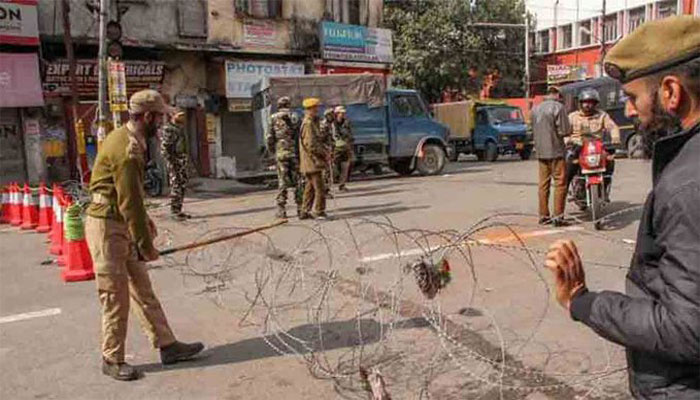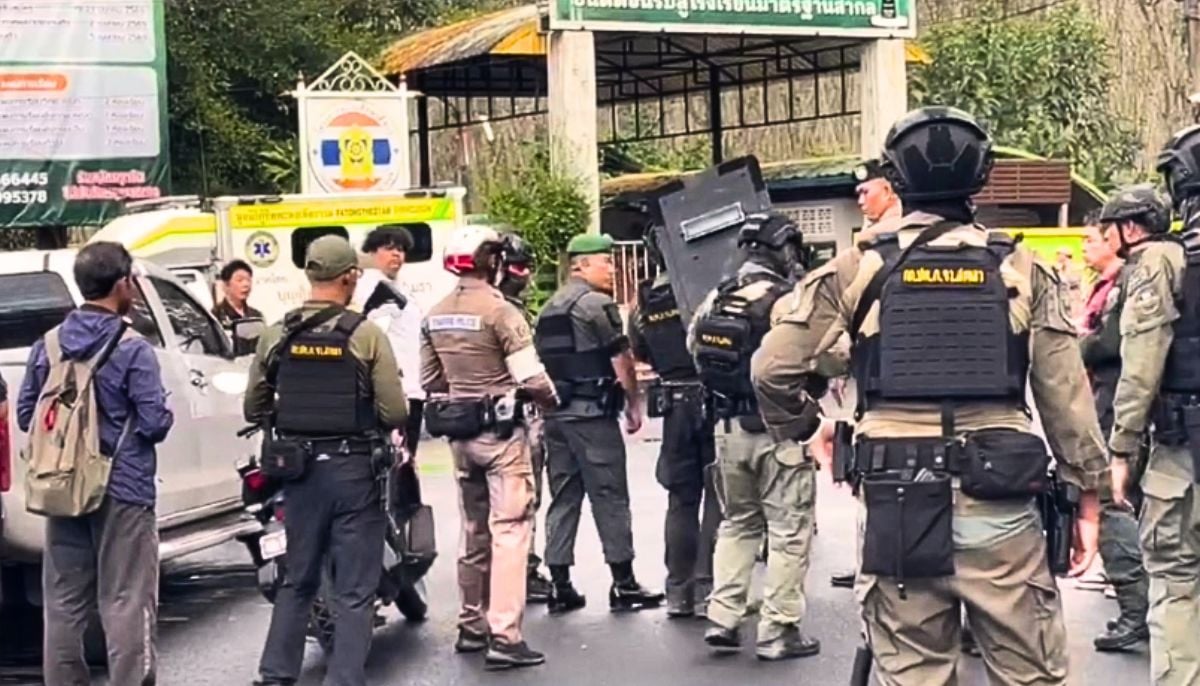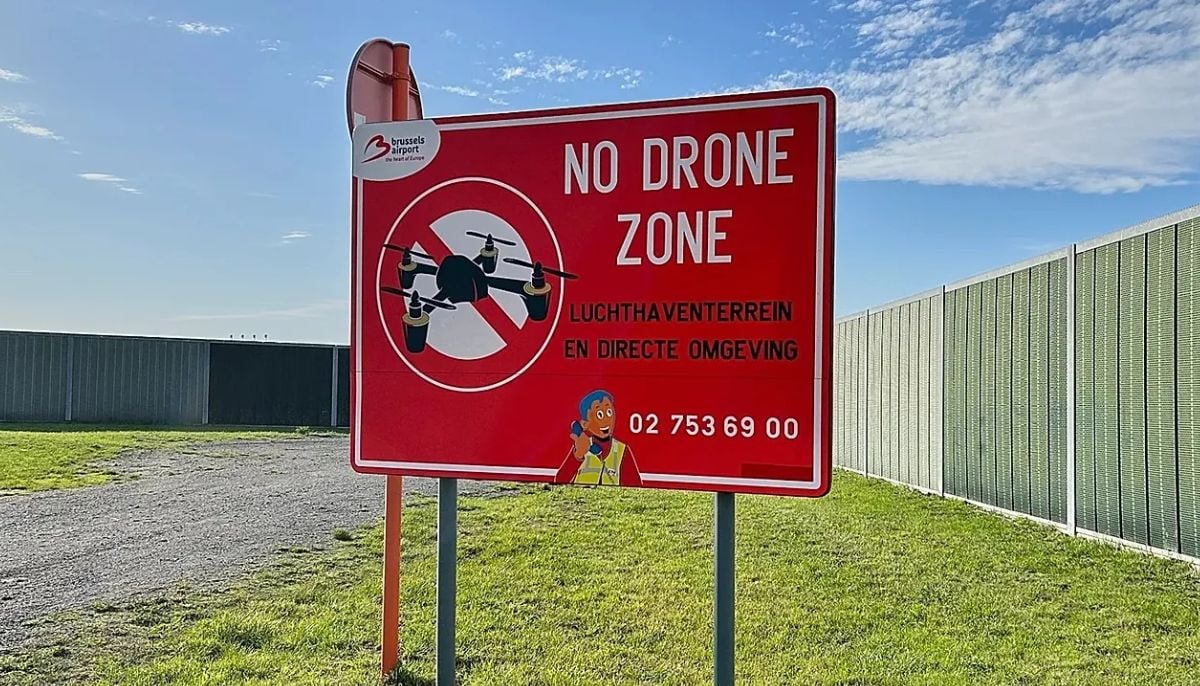Curfew curbs frustrating local, foreign journalists in Occupied Kashmir
In the absence of internet and telephones, including the mobile phones, journalists are finding it difficult to verify and cross-check informatio
ISLAMABAD: The unprecedented curfew and communication blackout in Indian Occupied Kashmir, which entered 37th day, on Tuesday (today), is frustrating local as well as international journalists in the territory.
According to Kashmir Media Service, journalists representing local and international media are dependent on the so-called Indian government’s media facilitation center in Srinagar, which has an internet, but no Wi-Fi access.
Talking to media, Ishfaq Tantry, General Secretary of Kashmir Press Club narrated difficulties to report stories from Indian occupied Kashmir under the present circumstances.
“The communications blockade has indeed adversely affected the ground reporting.
In the absence of internet and telephones, including the mobile phones, journalists are finding it difficult to verify and cross-check information,” he said.
Further, reporters are unable to get playbacks to check their edited stories or even to receive phone calls from their offices for fact checking.
“It appears that the information blockade was meant to prevent stories from Kashmir going out,” he said.
An independent journalist, Safwat Zargar, said the news gathering became a major casualty in the communication blockade.
“The blockade has crippled reporters representing the print and online media outlets.
First and major casualty is the news-gathering and inability of journalists to reach to the government and their sources for confirmation,” he said.
Basharat Masood, who represents widely circulated daily the Indian Express, told that he has never experienced more difficult times for journalists as at present.
A journalist for over past 15 years, Masood described the clampdown as “unprecedented”.
“It has been an onerous task to send our stories,” he said.
Local media experiences a much more difficult situation.
As many as 180 English and Urdu daily newspapers have been publishing from Srinagar and just five of them are publishing due to restrictions and in the absence of access to the wires.
“We have reduced the number of pages to half, because we are unable to produce content for 16 pages every day,” said an editor of a leading Urdu daily, whose truncated newspaper is hitting stands.
Farooq Khan, senior photojournalist, said that in the first few days after Aug 5, he would find a messenger and send pictures through flash drives.
But most of the journalists are completely dependent on the government media center.
-
Thai school shooting: Gunman opened fire at school in southern Thailand holding teachers, students hostage
-
Maxwell could get 'shot in the back of the head' if released: US congressman
-
New EU strategy aims to curb threat of malicious drones
-
Nancy Guthrie abduction: Piers Morgan reacts to 'massive breakthrough' in baffling case
-
Texas father guns down daughter after heated Trump argument
-
FAA shuts down El Paso Airport, flights suspended for 10 days: Here’s why
-
Teacher abused children worldwide for 55 years, kept USB log of assaults
-
Savannah Guthrie expresses fresh hope as person detained for questioning over kidnapping of Nancy












